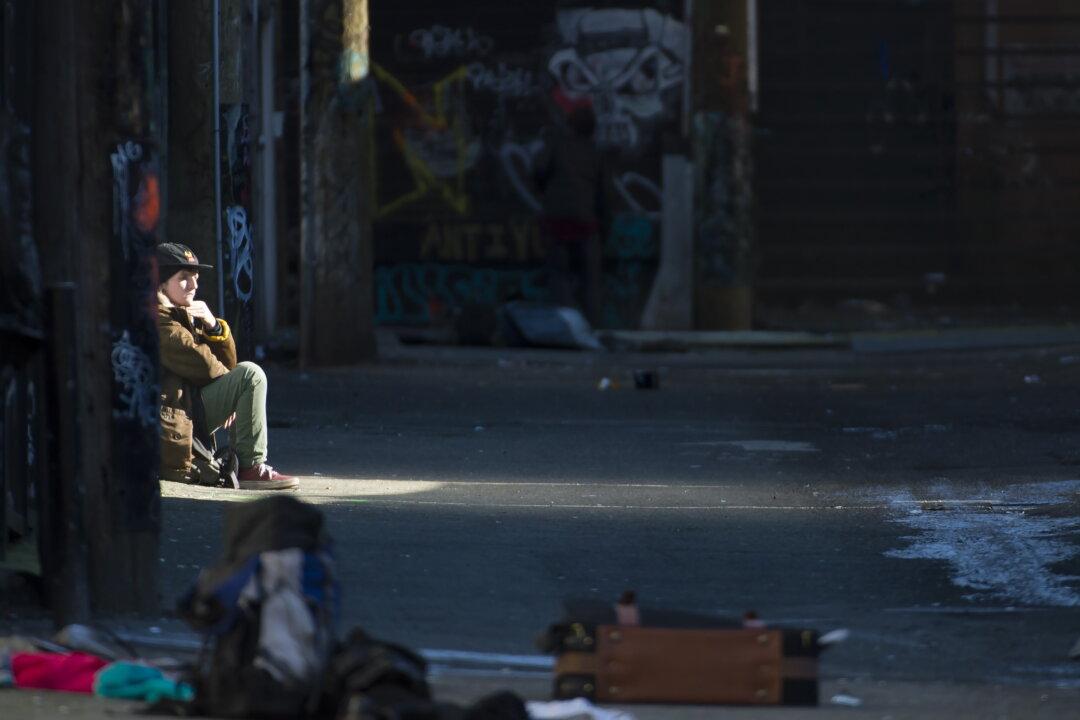British Columbia has taken a step back in its drug decriminalization pilot, the latest twist in its decades-long push for more and more permissive approaches to drugs.
The B.C. government’s guiding idea has been that destigmatizing drug use is the key to helping addicts, but it has long faced pushback on this approach due to public safety concerns.





